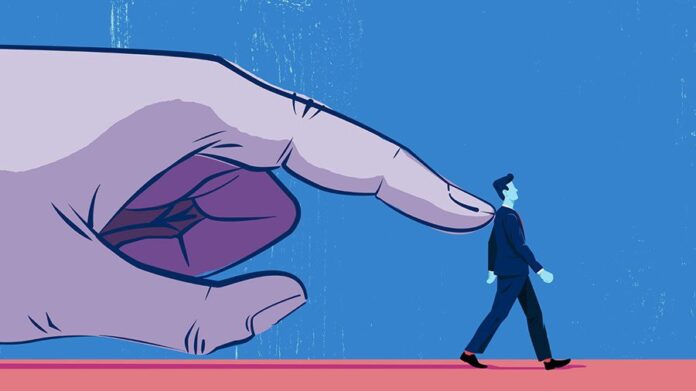By Boram Lee
“To count as a mere nudge, the intervention must be easy and cheap to avoid. Nudges are not mandates. Putting fruit at eye level counts as a nudge. Banning junk food does not.” (Thaler and Sunstein, 2008)
For those who follow behavioural economics closely, 2017 was another great year to celebrate human’s irrationality. Richard Thaler who is known as “father of nudge theory” won the Nobel Economics Prize in 2017, after the U.S. housing-bubble spotter and the author of Irrational Exuberance, Robert Shiller in 2013, and much earlier, Daniel Kahneman of Prospect Theory in 2002. Leading many other behavioural economists, they have built together a solid bridge between the economics and psychology on the analysis of individual decision-making, challenging conventional economic thoughts. Behavioural economics theory, unlike neo-classical theory based on rational utility maximization of “homo economicus”, assumes that individuals are more of “Homer (Simpson) economicus”, prone to bias, emotional, myopic, easily confused and distracted; plus, love doughnuts.
In 2008, Richard Thaler and Cass Sunstein published a book called “Nudge: Improving Decisions about Health, Wealth, and Happiness“, based on their belief that, by utilising such personality flaws, or by understanding the predictably “irrational” cognitive biases, individuals may be “nudged” to enhance the quality of their decision-making. They define “nudge” as the central idea underpinning any aspect of the choice architecture which aims to influence individuals in predictable ways by simple and cheap-to-run interventions, while retaining individuals’ freedom to choose options without significantly changing their economic incentives. In simple words, individuals are “subtly” guided toward choices which are beneficial to them through psychologically grounded soft behavioural interventions, i.e. “nudges”, rather than heavy-handed compulsion.
Analysis – This article looks at the concept of “nudge theory” and its application to increasing private donations to art initiatives. It is another mention of the nudge concept which has revealed itself to be central in developments relating to consumer behavior and psychological influences. This is a concept I hope to explore in the context of the sharing economy, specifically during the COVID-19 era.




